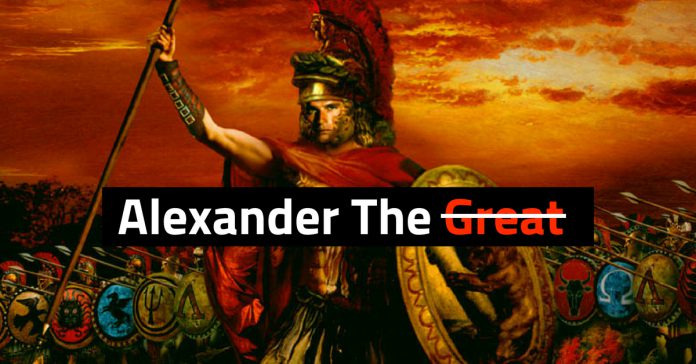
We all have gone through school. In Social Studies, there is one chapter which everyone would have read; Alexander, the Great. Stories abound about how he pacified his horse and compiled a big empire. But, in recent times, the praise and adulation of this Great General from Greece have almost waned. Now, will we look into the details?
In fact, Alexander and Julius Caesar were the greatest generals. But they have similarities. Both the empires, they built fell to ruins after their death.
Was Alexander the Great General?
It was his father, King Phillip II, who was the great General. Alexander’s father trained his troops to be hardcore soldiers called the phalanx. It was through this formation that Alexander defeated many of his enemies. The cards were already set when he ascended the throne. Greece had already submitted by the time Alexander became a ruler.
1. Conquering Greece Was Easy
In fact, when Alexander went to war with Greece, it was already laden with war and had many States. Two of the powerful States, Sparta and Athens had already lost their power. The reason – the invasion of Persian forces. So they submitted to Alexander, because of their lack of unity and weakness.

2. He Conquered because there was no resistance
India put a dignified resistance to Alexander under King Porus. But, he did not face much opposition from Egypt. The Egyptian kingdom was struggling to hold their own against the Persian Empire. The arrival of Alexander was a God-send to them. Alexander received a red carpet welcome.
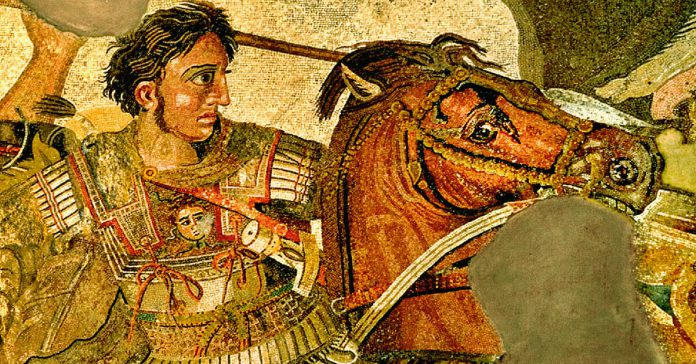
3. The Gordian Knot
You can find a lot of information about this event in the ancient pages of history. His ascension to popularity – because of his success with the mentioned knot. There was a prophecy which stated that the person who untied the knot will go on to capture the world. And instead of untying it, Alexander cut the knot. There are references which say one word or other, but the fact is that he did not untie the knot. Centuries later, the Greek poets and writers may have turned the situation. The reason – to arise the sense of importance to Alexander. But as you see, the prophecy predicted otherwise.
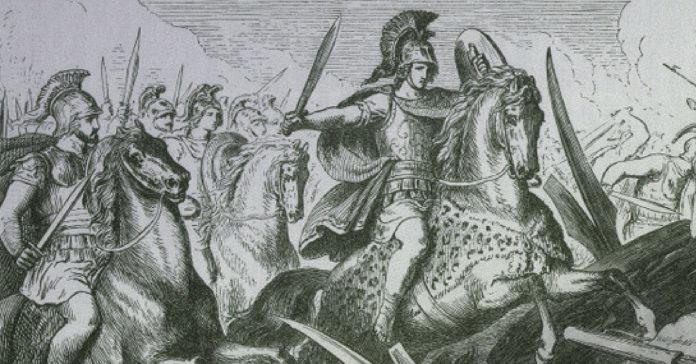
4. He Was A Drunkard
In those times, the Royalty used to indulge in gay acts, drunken parties and womanizing. Alexander followed the same trend. In fact, he partied so hard, that the Greek medical practitioners in his army feared for his health. They had the notion that alcohol will bring his downfall. And their notion was right.
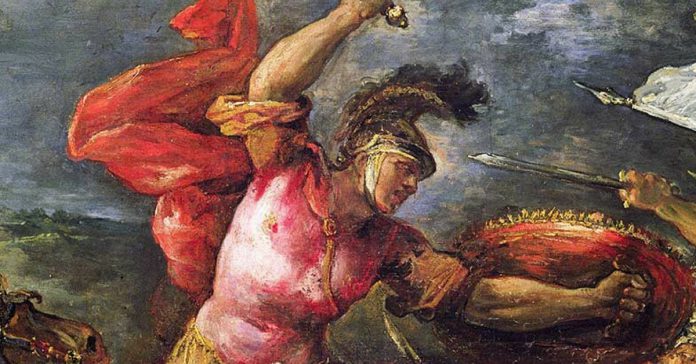
5. Egotist
Historians state, that he even thought himself better than Achilles, the legendary Greek warrior. In his prime time, he named more than seventy countries, Alexandria. In fact, to save his skin, he put his most able General, Parmenion to death.
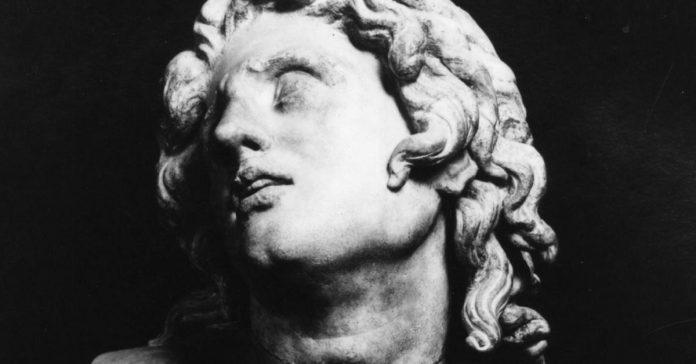
6. Historical Details
Till now, no historians of Alexander’s own time have written facts about him. All the records are by persons born at least two hundred years after the demise of Alexander. And to make the history more interesting and to gain popularity, they may have twisted the real details. The great speeches by Alexander might be a sham, put forward by Greek historians.
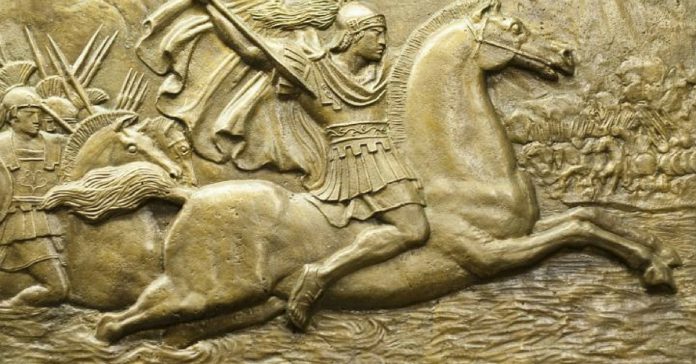
7. He Didn’t Govern His Empire
Alexander did not rule all the provinces he conquered. He will take care to support a traditional existing system. But he provided the place with his own troops to ensure loyalty. After ascending the throne, he was in expeditions instead of governing the Greeks. In short, he was more interested in conquering one country after another to add to his popularity.
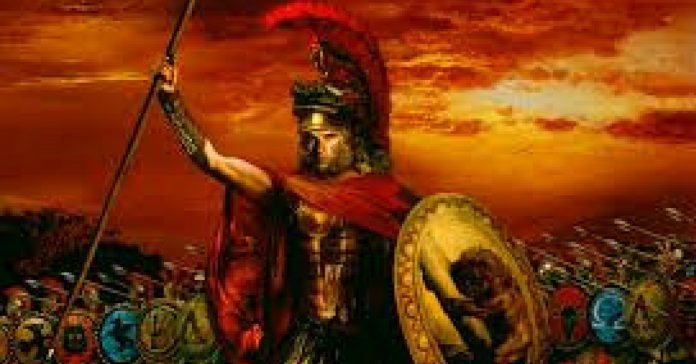
8. No Future Plans
He did not have any future plans either. He never even left an heir for his vast kingdom. In fact, the actual words on his deathbed were “I foresee a great funeral contest over me.” It became true when all the tributaries he conquered rebelled over his death.
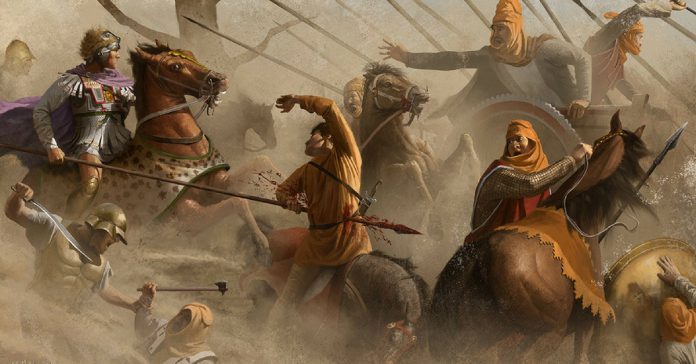
9. The Empire
This is one of the causes that make Alexander, not the greatest, either in battle skills, leadership qualities or governance. He had not produced the second rung of leaders who can take over from him after his death. In all political families, a person or a kin or a follower is bred to take over the mantle after the superior’s demise. But that Alexander faltered shows that he remained interested only in himself, his fame and his superiority.

10. Inter-Cultural Marriages
To quell betrayal and make his supremacy stay at the top, he had passed an order to Greek Generals to marry Persian women. This was a major political ploy to combine the Persians with Macedonians. But after his demise, the Persian wives of the Generals were exiled, banished or divorced.
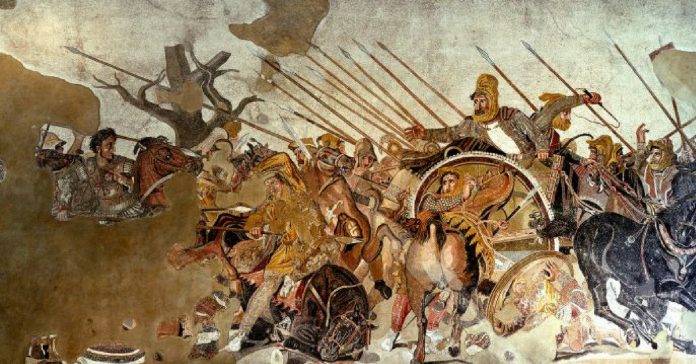
So, what does the life of Alexander convey to us? That it is difficult to achieve success and more difficult to sustain it. Perhaps, Alexander had gone back after making some conquests, thought a while and returned back to the expedition.
It would have done wonders for his well-being and the country. But fate willed otherwise. That is the difficulty and challenges after attaining success. For some, to sustain the success, they become more unruly and spoil their life. Alexander, the Great stands tall as one of the examples in history.
Like and follow MetroSaga on Facebook | Instagram |
You can also Subscribe to MetroSaga for newsletters.






















